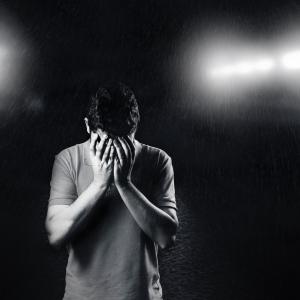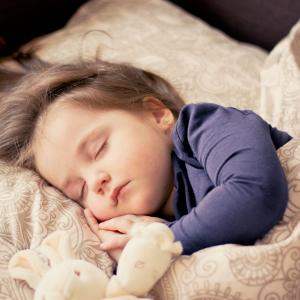Anxiety Medication Overview of Nortriptyline
Nortriptyline, marketed in the United States under the trade names Pamelor and Aventyl, is a tricyclic antidepressant approved by the FDA to treat major depression. In addition, it is prescribed off-label as a treatment for a variety of conditions, including anxiety disorders, irritable bowel syndrome, migraines, and neuropathic pain. It is not effective at treating OCD but may be prescribed for conditions such as panic disorder, social anxiety disorder, and generalized anxiety disorder.
Nortriptyline is taken in pill form to treat anxiety. The initial dose should be low, with a gradual increase to monitor your response and note any side effects. The standard recommended dosage is 25 mg 3 to 4 times per day, but the amount and frequency of the dosage may vary depending on the patient. More than 100 mg of nortriptyline is generally not recommended and requires close monitoring. Lower doses are recommended for teens and the elderly (although it should be noted that nortriptyline only FDA-approved for those age 18 and older).
Exactly how nortriptyline works to relieve depression and anxiety is not yet clear, but it is known that nortriptyline and other tricyclic antidepressants affect the balance of chemicals in the brain, including the neurotransmitters norepinephrine and serotonin.
Photo: Pixabay








